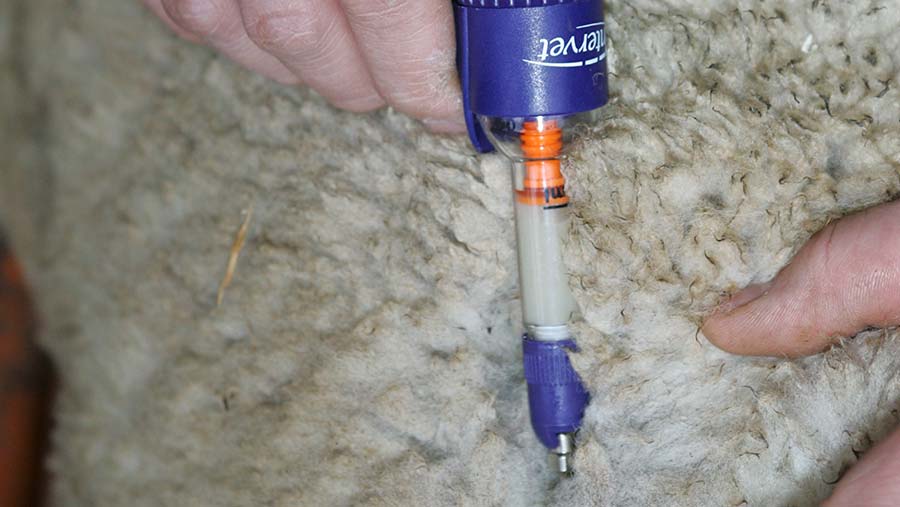Bluetongue virus detected in French sheep imports
 © Tim Scrivener
© Tim Scrivener Chief vets have humanely culled four imported sheep after routine post-import testing on a Lancashire farm identified bluetongue virus (BTV).
The consignment was imported from France to the Lancashire holding.
Bluetongue cases in France have been numerous and widespread this year. Defra’s June International Disease Monitoring report listed 500 cases of BTV-8 and 23 cases of BTV-4 occurring in France between early January and early May.
See also: Calls for earlier ram sales to improve flock health and fertility
Keep bluetongue at bay: What farmers can do
- Discuss the farm’s needs with a private veterinary surgeon and consider the risks and the health status of animals when sourcing stock from regions affected by bluetongue virus, such as France.
- Consider what additional guarantees vendors can provide about the animal’s vaccination status before purchasing (for example – by requesting that a pre-export test is carried out to prove immunity to BTV).
- Ensure that imported animals are accompanied by original health certificates and are kept by the person who ordered the consignment.
- Prevent the disease spreading by practising good biosecurity on farms.
- Stay alert to any signs of the disease, such as mouth ulcers and drooling from the mouth and nose, and report it to the Animal and Plant Health Agency immediately.
Remain vigilant
Christine Middlemiss, chief veterinary officer for the UK, said BTV poses no threat to human health or food safety, but farmers must remain vigilant.
She added that any suspicions farmers have must be reported to the Animal and Plant Health Agency.
“They should also work with importers to make sure effective vaccination needs are complied with and that all animals are sourced responsibly,” she added.
Most recently, a September outbreak on the Italian island of Sardinia was reported by the World Organisation for Animal Health (OIE). BTV was confirmed in 96 sheep and four goats.
